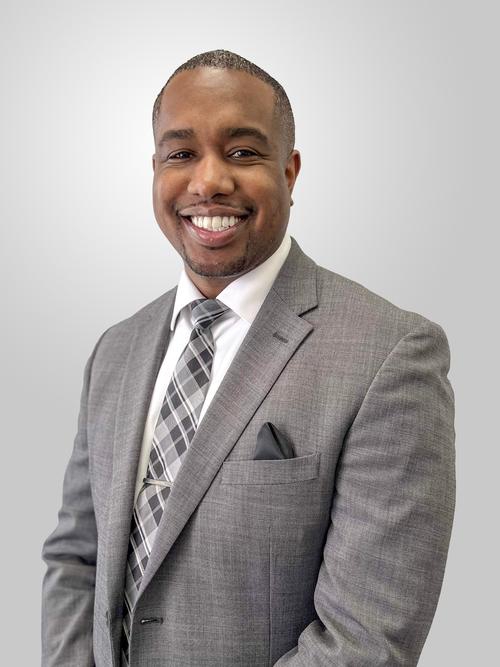What Is The 5-Year Look Back Period?
“Taking inventory of your current assets and comparing that over a 5-year look-back period. Will Medicaid cover you when you need it?”
The goal is to make sure you protect your assets and qualify for Medicaid. The steps are simple:
• Complete an application with the Department of Jobs and Family Services.
• Prepare yourself for questions and inquiries from the Department of Jobs and Family Services as to your finances and proof of documentation of where your money went, any investments you may have, personal property, etc. over the previous 5 years from the date of application.
Once your application is complete, they review your assets by doing a five-year or sixty-month audit of your assets. They look at your bank accounts, home, any life insurance policies, stocks, bonds, the number of vehicles you have, motorcycles, boats, etc., and compared those assets to what you had 5 years previous. They look at where your money went over that period and why.
Maybe you gifted it (which is legal), paid bills, or mismanaged it. Typically, you can still get into a nursing home, but you might not be eligible for Medicaid benefits. And so that means you're going to have to private pay, or maybe your family will help you and pay for your coverage.
Therefore, it's important to keep good records in preparation for what could happen in the future.
Example of a situation where someone is requesting Medicaid:
Currently, a single person can have $2,000 of liquid assets being money in the bank account, a whole life policy with $2,000 cash value, and $2,000 worth of stocks. Medicaid wants to know how they went from all of these assets to no assets if all of their money was spent.
A common misconception that people have is that they won't qualify for Medicaid or they'll lose out on an opportunity to get Medicaid.
Explanation: Actuary Formula
There is a whole actuary formula where they look at the value of the asset and your age. Using $100,000 as an example of your total assets 5 years ago, let's pretend the monthly cost was about $8,000. So, at $100,000, there are twelve months of private pay. That would have been available to you to pay for your nursing home care.
Since you took $100,000 and gifted it or spent it, and now you need to go into the nursing home, you will not be eligible to receive Medicaid benefits for twelve months. So now looking forward, there's a twelve-month waiting period before Medicaid would take over all of your bills while you’re in the nursing home.
Looking for legal guidance and help to protect your assets?
This is where you may need guidance and help with applying for Medicaid. At Littlejohn Law, they can help you protect your assets. There are legal things that you can do now to protect your assets against the cost of long-term care and to make sure that you're eligible for Medicaid when you need it.
The example above is very specific to a single person. In a husband-and-wife scenario, the analysis is slightly different because we have what we call a community spouse, and that's the spouse that does not go into the nursing home. Then we have the institutionalized spouse, which is the spouse that does go into the nursing home.
There are other considerations that the Department of Medicaid looks at when determining eligibility for a couple versus a single person.
Interested in learning more about applying for Medicaid, and protecting your assets? Need help with your application? Give Littlejohn Law a call at 740-346-2899. A team of caring individuals is ready to help you with your questions and concerns.
Littlejohn Law, LLC
The Real Estate and Probate Law Firm
352 Main Street
Wintersville, OH 43953
www.littlejohnlawllc.com
See videos for more information and references:
https://www.littlejohnlawllc.com/video/
“Remember where there's a Will, there's a way, and where there's no Will, then there's probate.”

